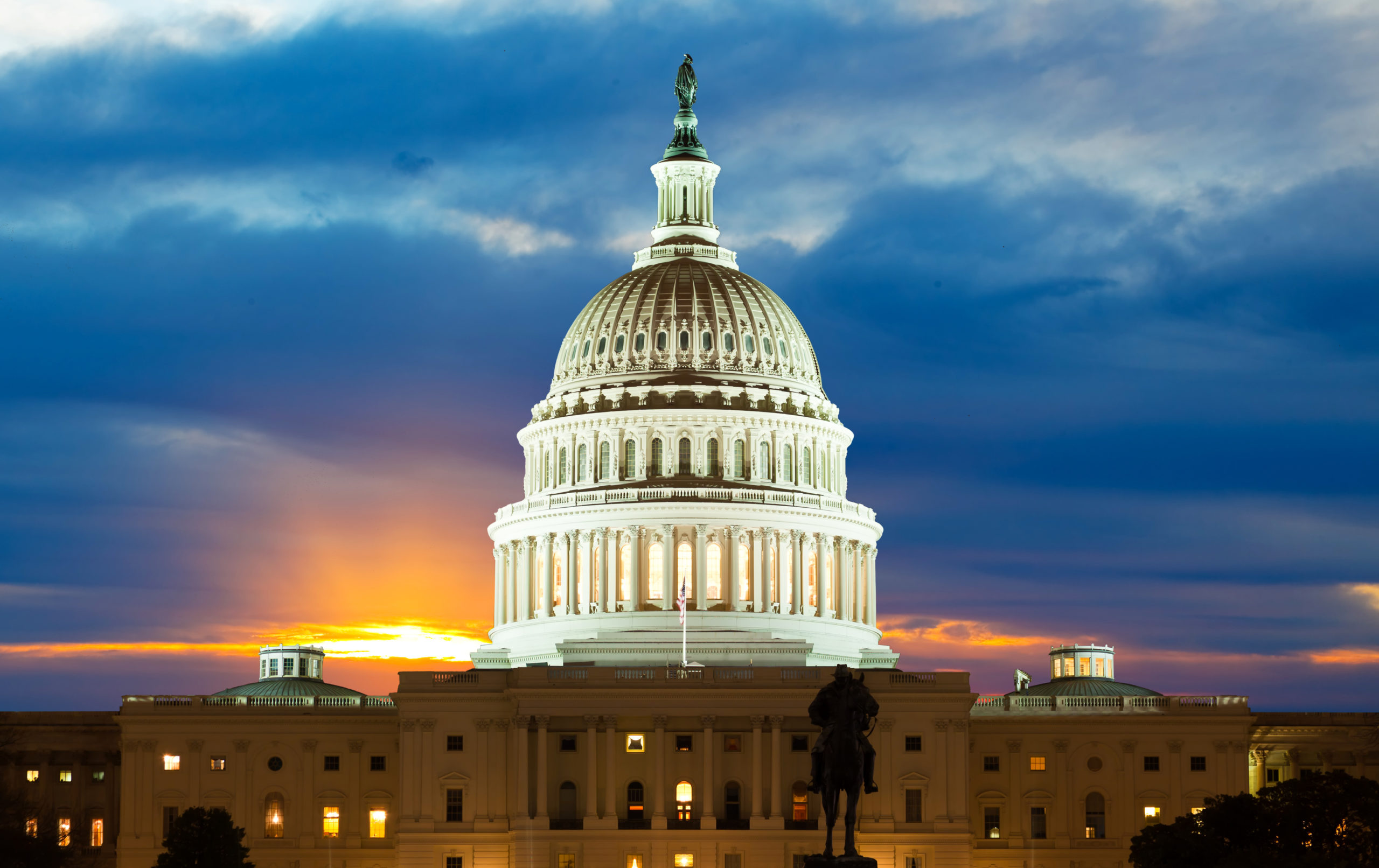A Path to Reform: Make McConnell a Teammate | Opinion
Bipartisan fixes for congressional subpoenas, conflicts of interest and whistleblowers
December 24, 2020 | Tom Rogers and Susan Del Percio | Newsweek
While no one could have imagined the abuses our governing system would be forced to endure under the Trump presidency, we did learn where our constitutional and governing norms were vulnerable. The reforms necessary to strengthen and protect our system will require substantial public support, yet it will likely be up to Senator Mitch McConnell to decide whether they move forward. So how can we overcome the McConnell hurdle?
The key here lies in putting forward ideas that McConnell can embrace as being in his own interest. …


